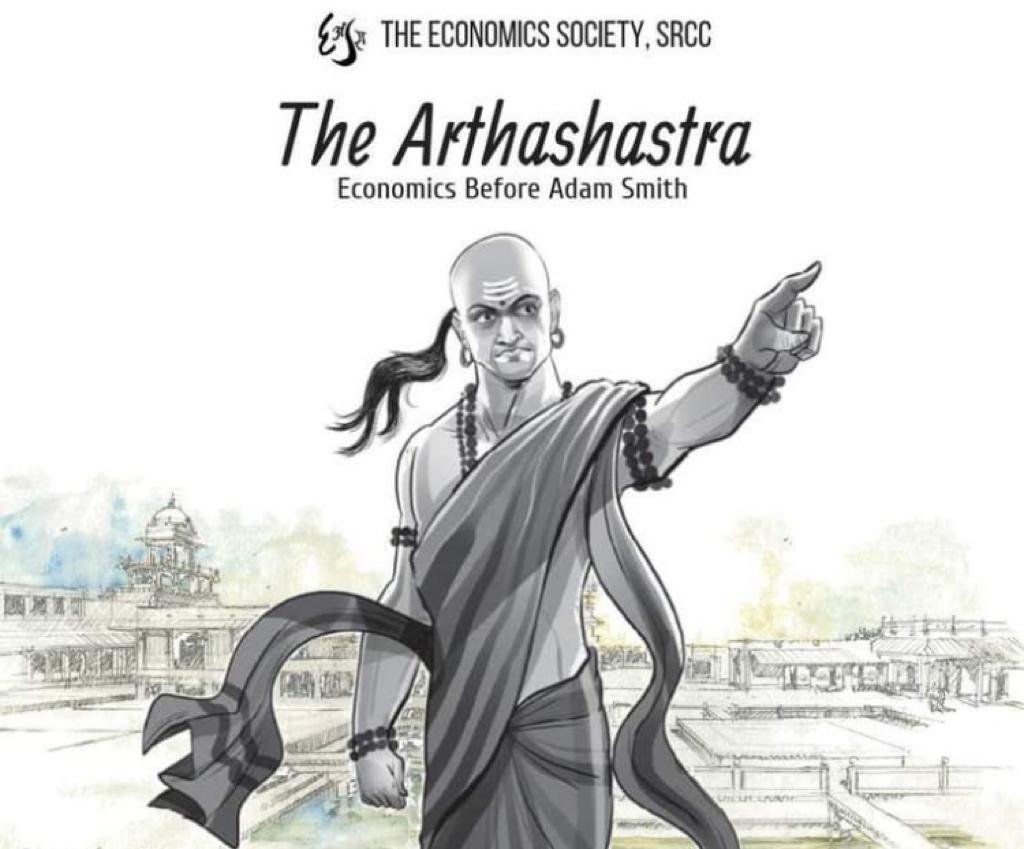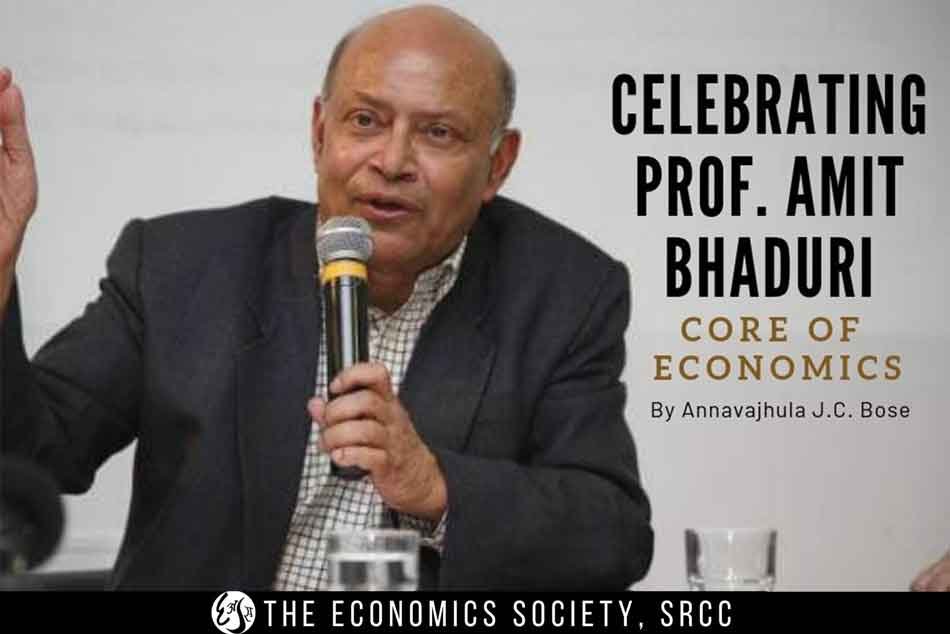
Looking Back, Moving Forward

There is a Chinese proverb that goes as such - “When planning for a year, plant corn. When planning for a decade, plant trees. When planning for life, train and educate people.” A series of arguments led to the conclusion that anglicist literature and education were to be preferred since they alone would produce Indians of real benefit to the British. Any other use of the money allotted to the Committee would not succeed in this goal. Its use in promoting Sanskrit and Arabic, as the Orientalists proposed, would produce Indians with knowledge and appreciation for their culture - in other words, Indians who would be very difficult to control and influence. So, this was out of question.1 The British were aware that in order to transform Indians from an autonomous group into docile and unquestioning subjects, they had to degrade and destroy them internally - they had to subjugate them a second time, and in the second instance, this was to be done through education, as Max Mueller once famously stated.
In order to accomplish this, the British propagated and promoted a very eurocentric perspective of academic history - one which obscured almost all Indian contributions to subjects such as astronomy, geography, medicine and mathematics. Take the case of the lattermost - institutions failed to mention Bhaskar, Brahmagupta, Baudhayana, Madhava and Nilakantha but promoted European names like Newton, Leibniz and Pythagoras. In the words of Dr George Gheverghese Joseph, a member of the research team which traced the roots of calculus to India, "The beginnings of modern maths are usually seen as a European achievement, but the discoveries in medieval India between the fourteenth and sixteenth centuries have been ignored or forgotten," He went on to attribute the neglect of scientific ideas emanating from the East to a “legacy of European colonialism.”2 Our British rulers formulated educational plans to produce a class of people “Indian in blood and colour, but English in taste, in opinions, in morals, and in intellect.”
Their aim was to forge what is now known as a ‘colonial mentality’ - an internalised attitude of ethnic and cultural inferiority experienced by people as a result of colonisation. Colonial mentality is characterised by a rejection of one’s own cultural legacy, combined with an eager acceptance of ideas, cultures and traditions belonging to the colonisers. As Brazilian educator, Paulo Friere expressed, “the oppressed want at any cost to resemble the oppressors.”3 The oppressed emulate the oppressors and in the process, fail to develop and perpetuate their own distinct legacy, which results in its eventual diminishing and loss. When it comes to a country with an academic and cultural history such as India's, the loss incurred is not simply a loss of abstract national heritage - it is a loss of precious knowledge with real value attached to it. Return to the case of mathematics. Whilst western approaches to the field are popular, traditional methods remain dormant and untaught at schools, depriving students of benefits such as speed and accuracy, besides the obvious link to their own culture.
The development of psychology in India, too, exhibits this preference for western ideas over Indian ones. Despite offering an abundance of knowledge on mental processes, functions of the mind, mind-body relations and consciousness, the Indian philosophical tradition has been completely overlooked in the development of psychology in the nation.4 This is despite research and studies conducted by Naranjo, Ornstein and Tart, which have proven that incorporating Indian psychological thought into existing literature can provide theoretical and practical knowledge which are required to explore the human psyche beyond the limits of ordinary awareness.
Moreover, Indian philosophical traditions offer the possibility of filling a void in modern psychology today. However, as Dr Don Salmon aptly points out in his article, What if We Took Indian Psychology Seriously, the Indian tradition is seldom given the consideration it deserves. Not even by Indians themselves.5 Now consider the example of indigenous technology and its abandonment in countries with colonial pasts, even prior to globalisation. In India, ancient water harvesting techniques were traded for modern, western ones despite their edge over the latter, simply because they were considered backward by the government.
However, the canals that were subsequently constructed were not able to rival traditional techniques, especially not in places like Jaisalmer and Bikaner. Yet, designs derived from western traditions and concepts of planning were and continue to be employed.6,7 French psychiatrist, Frantz Fanon, who wrote extensively on the subject of colonialism and the post-colonial behaviour of colonised countries, expressed that oppressed people perpetuate their own condition by constantly trying to imitate the culture and ideas of their oppressors, thereby compounding their own misfortunes. The cost to nations with such mentalities is much greater than just national pride; valuable knowledge is lost - knowledge that can be developed to generate great gains. Imagine an India which made full use of its mathematical, scientific, psychological and various other knowledge traditions.
It would stand as a pioneer in these fields. Made more aware of its own past and potential, it would develop these subjects in greater depth. The indigenization of psychology in India during the 1960s and 70s stands as a testament to the fact that the use of traditional knowledge and theories can enrich such subjects and increase their applications in the Indian context7 - in other words, produce real, noticeable gains for Indians. The establishment of ISM&H (now Ayush), and the general surge of traditional medical techniques originating in India, too, prove the same. In fact, the latter is even more significant, given the history of marginalisation faced by practitioners of these fields from the nineteenth century onwards. The colonial mentality is not just an abstract concept with abstract implications - it has real and adverse effects.
Still, with conscious effort directed towards overcoming the conditioning Indians have been subjected to over the last few hundred years, a massive change can occur. An attempt can be made to extract from our past knowledge which will enrich our future. Initiatives that revive and recontextualise traditional engineering designs and vernacular architecture can contribute to this. The introduction and popularisation of courses that offer Indian techniques and approaches to subjects such as mathematics and science will undoubtedly prove indispensable. A focus on rediscovering Indian contributions to a variety of different subjects and developing the same is imperative. In conjunction with each other, these changes will lead to an India which will make full use of its history and legacy.
Yamini Bharadwaj
High School Student
References
1 Kumar, A. (2017, February 4). Thomas Macaulay won the debate on how to shape Indian education. So who were the losers? Scroll.in. Retrieved from https://scroll.in/magazine/821605/thomas-macaulay-and-the-debate-over-english-education-in-india
2 Calculus created in India 250 years before Newton: study. (2007, August 14). CBC. https://www.cbc.ca/news/science/calculus-created-in-india-250-years-before-newton-study-1.632433
3 D’Errico, P. (2021, March 3). What Is a Colonized Mind? ICT. Retrieved from https://indiancountrytoday.com/archive/what-is-a-colonized-mind
4 Psychiatry, colonialism and Indian civilization: A historical appraisal. (2006). National Centre for Biotechnology Information. https://www.ncbi.nlm.nih.gov/pmc/articles/PMC2913558/
5 What if We Took Indian Psychology Seriously? (n.d.). Retrieved from https://www.infinityfoundation.com/mandala/i_es/i_es_salmo_psych_frameset.html
6 Traditional Water Harvesting Systems. (n.d.). Retrieved from https://www.cseindia.org/traditional-water-harvesting-systems-683
7 ‘Revive old water harvesting structures.’ (2020, August 28). The Times of India. Retrieved from https://timesofindia.indiatimes.com/city/jaipur/revive-old-water-harvesting-structures/articleshow/77793994.cms Vohra, N. (2004). The indigenization of psychology in India: its unique form and progress Retrieved from https://scholarworks.gvsu.edu/cgi/viewcontent.cgi?article=1243&context=iaccp_papers Vaidya, A. (2019, May 23). TRUTH ABOUT AYURVEDIC HISTORY. Ayurved Sadhana. Retrieved October 19, 2022, from https://www.ayurvedsadhana.com/fight-preserve-ayurvedic-medicine-colonial-india/


